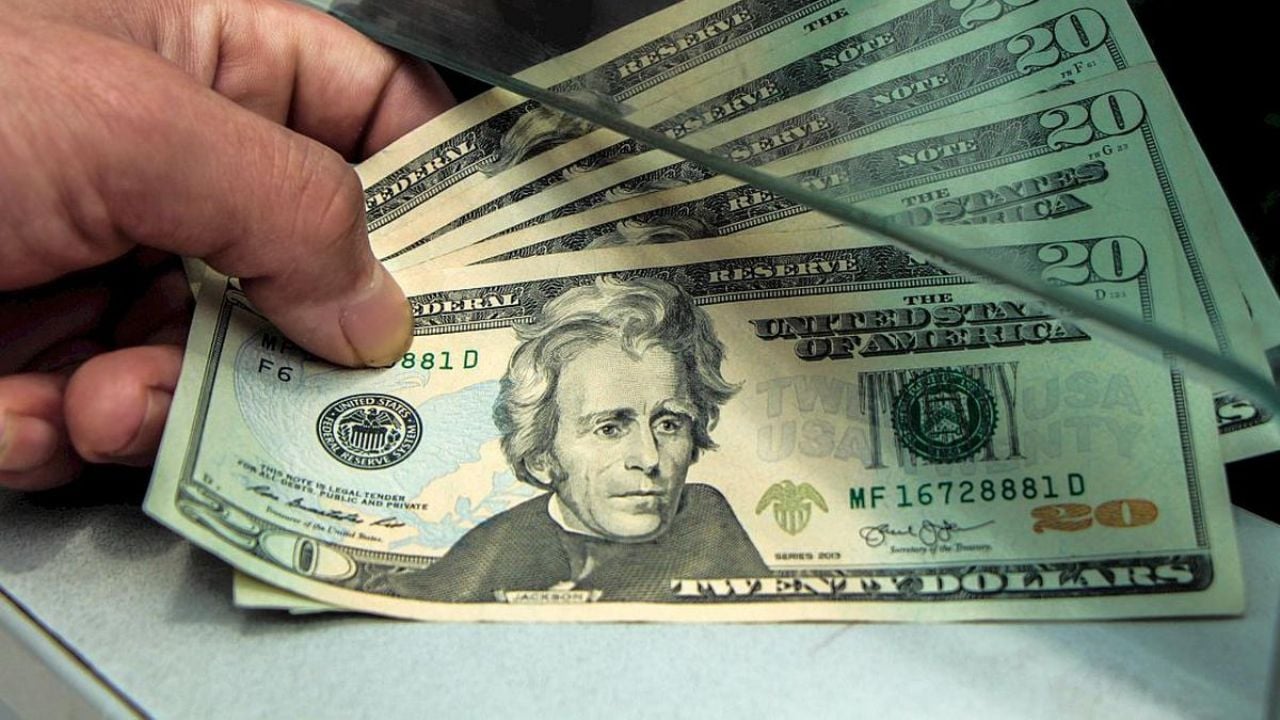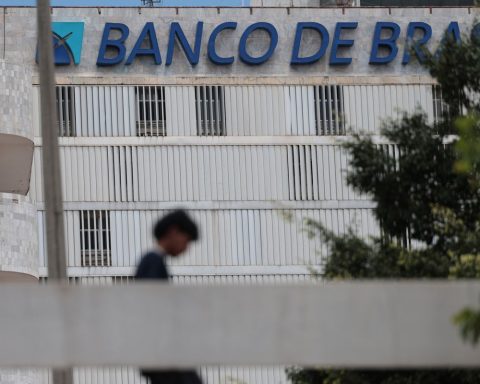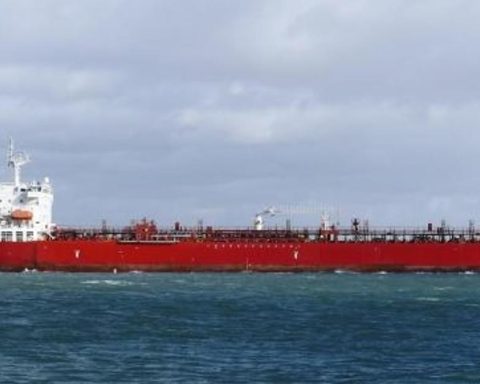In the four days of this third week of July, the prices of the dollar The blue and the official dollar showed significant movements in the Argentine exchange market. Below, we tell you some significant details.
On Wednesday the dollar The blue dollar was quoted at $1,480.00 for purchase and $1,500.00 for sale. The daily variation was +2.39%. Meanwhile, the official dollar, which is regulated by Banco Nación, was quoted at $900.00 for purchase and $940.00 for sale. The variation was +0.21%.
This Thursday, July 18, the blue dollar price started at $1,435 for purchase and $1,455 for sale.Meanwhile, the official dollar is quoted at $902 for purchase and $942 for sale. Both values were provided by the financial site Dólar Hoy.
There are also other quotes: Card Dollar: $1,504.00. MEP Dollar (Electronic Payment Market): $1,428.77 (Daily variation: +1.8%). CCL Dollar (Cash with Settlement): $1,428.29 (Daily variation: +1%). Crypto Dollar: $1,434.35 (Daily variation: +1.05%).

Fountain: Dollar Today
It is important to note that the dollar Crypto is an emerging alternative that allows access to foreign currency using cryptocurrencies pegged to the US dollar. Although it offers a riskier and more speculative option, some investors are looking for alternative hedges against inflation and economic turbulence.
It is also important to mention that there are restrictions on buying solidarity dollars, and certain groups cannot access this option. For example, those who bought MEP or CCL dollars in the last 90 days, those who received salaries through the Production and Work Assistance Program (ATP), and beneficiaries of social plans are prevented from buying solidarity dollars.

Impact on the economy
The gap between the official dollar and the dollar The blue dollar can generate inflationary pressures. When the blue dollar soars, the prices of imported goods increase, affecting the cost of living of citizens.
The difference between exchange rates can affect the Central Bank’s international reserves. If the demand for blue dollars is high, it can deplete reserves and affect financial stability.


















